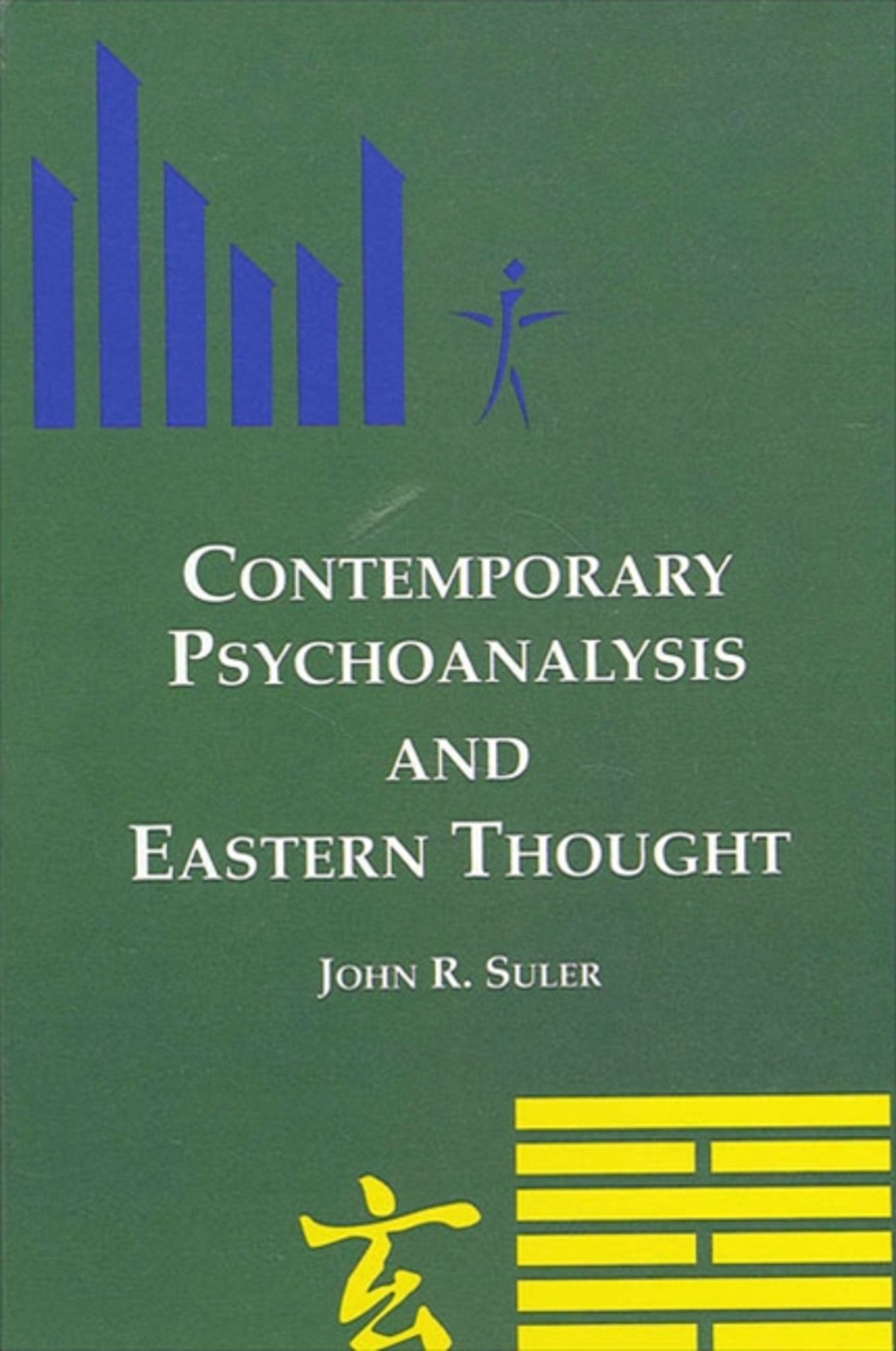We're sorry. An error has occurred
Please cancel or retry.
Contemporary Psychoanalysis and Eastern Thought

Some error occured while loading the Quick View. Please close the Quick View and try reloading the page.
Couldn't load pickup availability
- Format:
-
24 August 1993

This book explores the convergence of psychoanalysis and Asian thought. It explores key theoretical issues. What role does paradox play in psychological transformations? How can the oriental emphasis on attaining "no-self" be reconciled with the western emphasis on achieving an integrated self? The book also inquires into pragmatic questions concerning the nature of psychological change and the practice of psychotherapy. The Taoist I Ching is explored as a framework for understanding the therapeutic process. Principles from martial arts philosophy and strategy are applied to clinical work.
Combining theoretical analyses, case studies, empirical data, literary references, and anecdotes, this book is intended for researchers as well as clinicians, and beginning students as well as scholars.


"Suler provides the most extensive treatment of correspondences between Western psychology and Eastern disciplines that I have yet seen, at the same time noting important differences and ways in which the two bodies of thought and practice can usefully complement each other." — Richard Coan, University of Arizona
Preface
1. Chasing Two Rabbits?
Comparing the Disciplines
The Starting Points
Some Obstacles
Integrating and Pointing
2. East Meets West
The History of East Meeting West
A Progression of Selfobject Relationships
Historical Themes
Historical Themes of the Individual Self
3. Self and No-Self
The Self/No-Self Controversy
Facets of Selfhood
The No-Self as Observing Self
No-Self as Spontaneity and Unity
The Developmental Path to No-Self
Oscillations Between Self and No-Self
Interpenetration of Self and No-Self
Interpenetration of Self and Object
4. Paradox
The Meanings of Paradox
Entering the Paradox
Paradoxes Within and Between
Beyond Within and Between
The Paradox of the Willing Self
5. Grasping Reality: Words, Images, Things
The Representational Systems
The Word
Imaging and Un-Imaging the Self
Enacting the Inner Meaning
Grasping the Thing
6. Meditative Consciousness
The Intrapsychic Mechanisms and Types of Meditation
The Liabilities of Meditation
The Therapeutics of Meditation
The Clinician's Contemplative Experience
Meditation in Life Context
Epistemological Approaches
7. Students, Teachers, and Their Relationships
Hidden Motives of the Student
The Student's Strengths
The Teacher: Quirks, Pathology, and Crazy Wisdom
The Student-Teacher Relationship
8. The Therapist as Warrior
Psychotherapy as Martial Art
The Warrior Philosophy
The Pursuit of Self-Awareness
Aggression
Basic Martial Concepts and Psychotherapy
The Dynamics of Soft and Hard Techniques
Participating in Transcendent Realms
9. Tai Chi Images: The Tao of Psychotherapy
The Tai Chi System
The Secrets of the Swimming Fish
The Trigram Images and Attributes
Trigram Structures and Relationships
The Tao of Psychological Transformations
10. Vision Quest
The Vision Quest Concept
Wandering: Free Association and Destructuring
Signs and Visions
Individual and Union
Vicissitudes of the Vision Quest
Conclusion: The Future of An Allusion
References
Indexes



